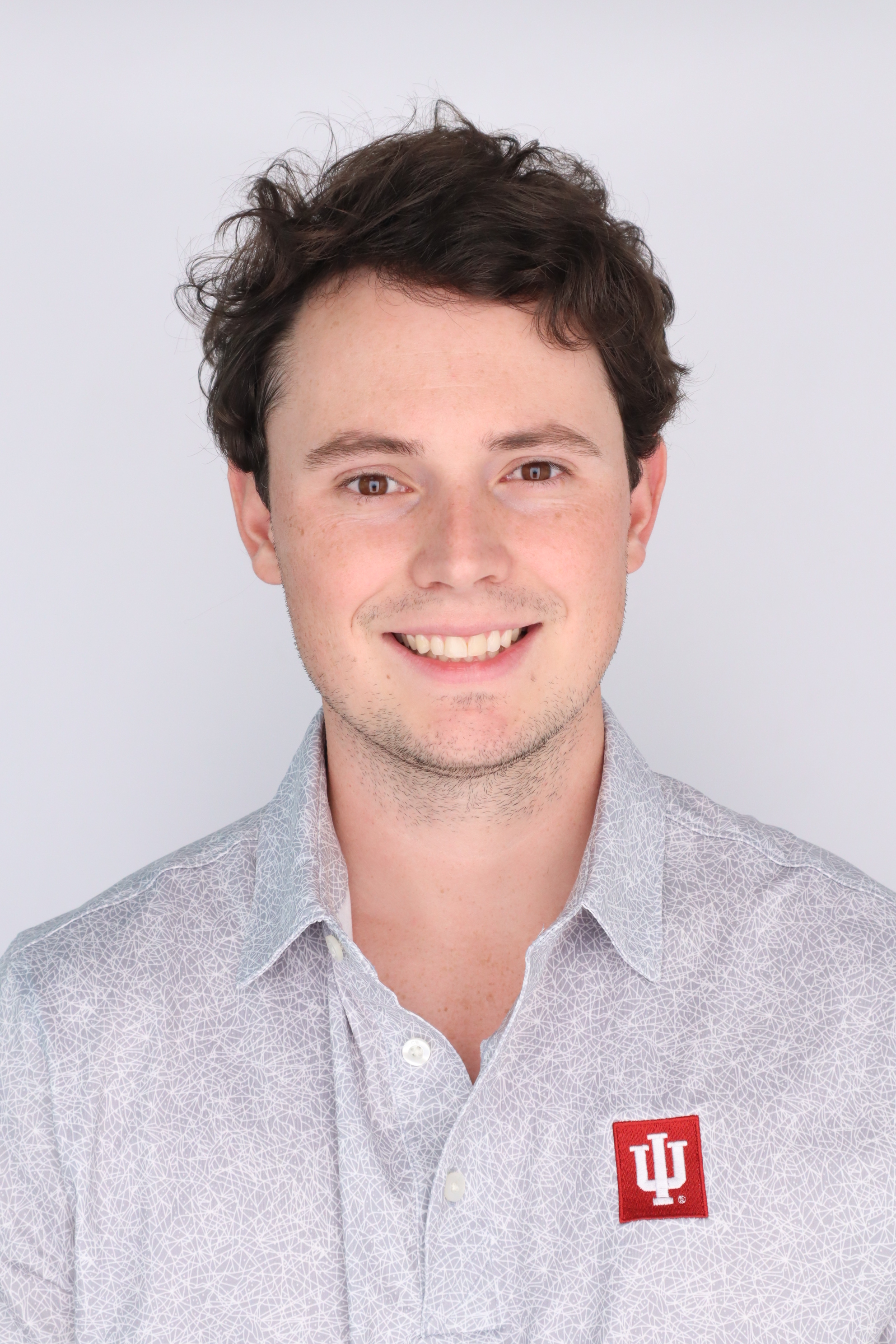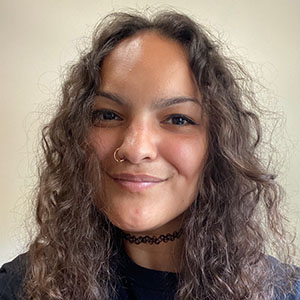Despite current uncertain times, the SPH-B community is leading the way on ensuring support for our students and their career aspirations.
The National Institute on Drug Abuse (NIDA) has awarded a third grant renewal in the amount of $1,081,020 to continue to fund the ongoing T32 program "Integrative Predoctoral Training in Drug Abuse Research at Indiana University." Associate Professor Patrick Quinn, Ph.D., in the Department of Applied Health Science and one of the co-Principal Investigators (PIs) says this program is the only such NIDA-funded drug abuse research training program in the state.
"We are really interested in breaking down silos of training with this fellowship," says Quinn. "If a student in public health is getting a Ph.D. in Health Behavior, for instance, one of the opportunities of the T32 is they can get direct mentorship from a neuroscientist or a psychologist who is thinking about substance use in a totally different way and build that into their training."

Fourth-year Ph.D. student Gage Ellis, dual majoring in Human Performance and Neuroscience, considers being a part of the T32 program “an absolute honor.” As a T32 trainee, Ellis receives support from Quinn and program leader PI Kenneth Mackie, M.D., in the Department of Psychological and Brain Sciences.
"Dr. Quinn has presented me with numerous opportunities to develop my understanding of public health outcomes while utilizing my mechanistic research focus," says Ellis. "To be considered and welcomed as a trainee by this mentorship team is a privilege, and I would say that the personnel are what initially attracted me to the program."
Ellis is studying the effects of neurotrauma under the mentorship of noted SPH-B faculty member Kei Kawata, Ph.D., associate professor in the Department of Kinesiology, with particular emphasis on understanding the effects of smaller subconcussive head impacts that do not result in overt concussion symptoms.
"Being a part of this T32 has allowed me to grow in my understanding of the molecular and cellular mechanisms of acute ADHD medication use, how it affects athletes who play contact sports, and what the benefits and risks of lifetime use are," says Ellis. "Apart from my hopes to increase my depth of understanding in the neurobiology of drug use, I am looking forward to developing tangible research skills such as grant writing, implementation science, and differentiating between levels of analysis."
One of Ellis’s goals is to show in a comprehensive model how psychostimulant medication regulates varying levels of neurotrauma while also addressing the context of any associated risks.
"This T32 allows students to tailor their training to their career goals," says Quinn. "The big change this year is expanding our scope to include not just molecules and neurobiological systems in individuals but also social structures, communities and populations—more public health levels of analysis and training."

Alynna Summit, who last year was the first SPH-B Ph.D. student to be awarded a NIDA F31 fellowship grant, says the T32 program supported her success studying the connection between chronic pain and substance use through coursework and grant submission requirements. Summit is set to graduate May 2026 with a major in Health Behavior and double minors in Epidemiology and Addictive Behaviors.
"The program requires taking ‘Biobehaviorial Models of Substance Abuse’ and ‘Neuropsychopharmacology,’ which provide overviews of substance use research and theories from biological and behavioral perspectives, in addition to the neural mechanisms underlying the effects of drugs on human behavior," says Summit. "This has greatly expanded my understanding of multiple determinants of substance use."
Despite losing the second-year of her grant funding due to shifting NIH priorities, Summit was nevertheless able to develop preliminary data supporting the aims of the project “Evaluating the Association Between General Chronic Pain Liability and Clinically Recognized Substance Use”, which was a major component of the dissertation that she successfully proposed on Friday, November 7.
"Despite this, the project is moving forward," adds Summit. "Receiving this award may not have happened if I wasn’t challenged to submit the grant application by the T32."
Quinn says being a PI on this project alongside his IU colleagues Mackie and Andrea Hohmann, Ph.D., in the Department of Psychological and Brain Sciences has been wonderful in paying forward the experience he had as a T32-supported Ph.D. student while attending the University of Texas at Austin.
"I want my students to have the resources, big picture thinking and tailored focus on how their career in substance use research can be maximized," says Quinn. "This opportunity, in which we have support for research training not only from NIDA but also from Indiana University, is a great thing to be a part of."
For more inspiring stories about SPH-B students, faculty, and staff making a difference, visit go.iu.edu/48bx.


